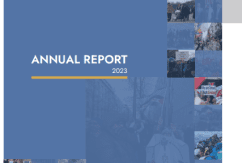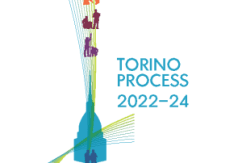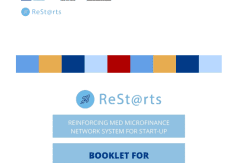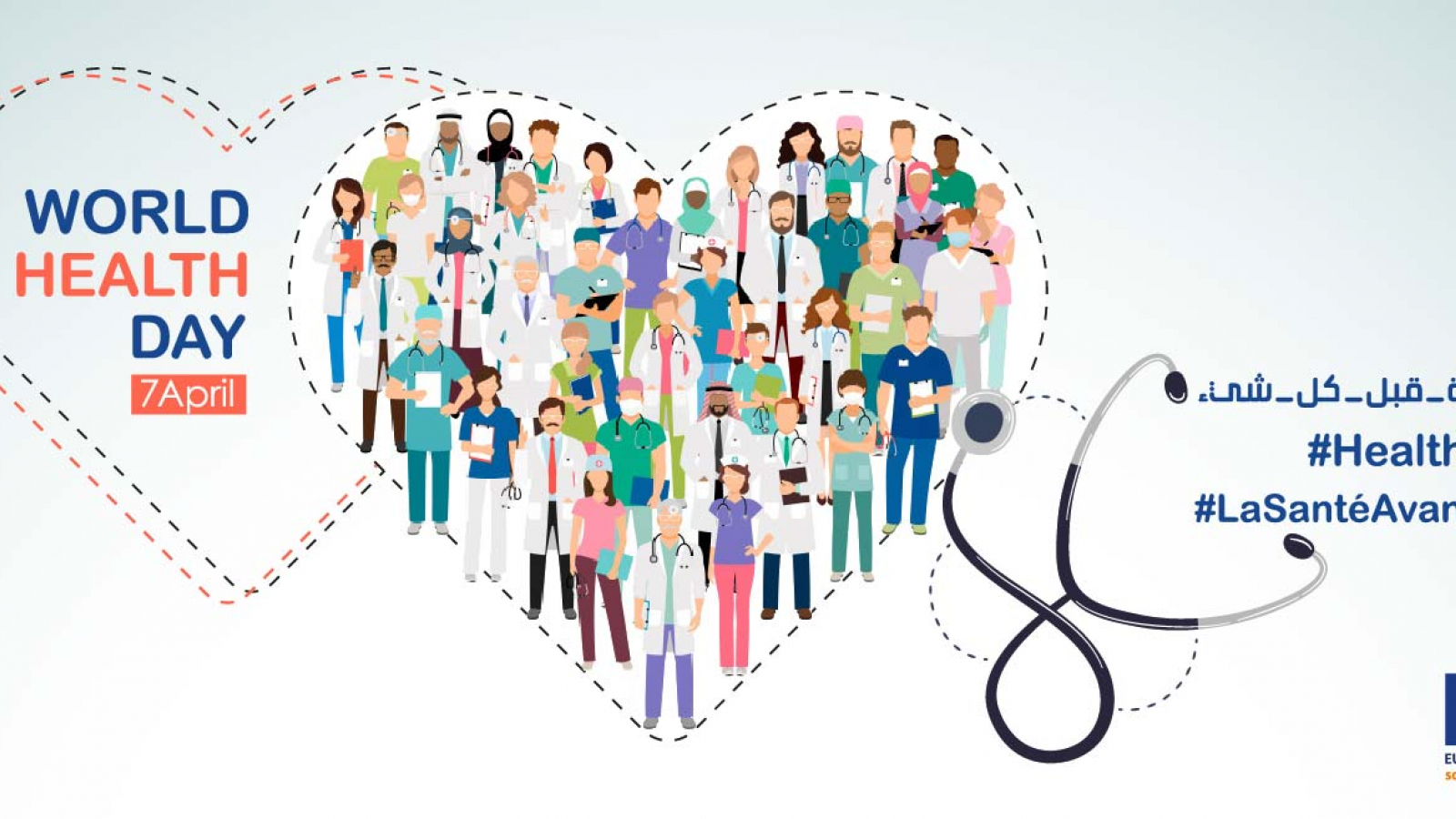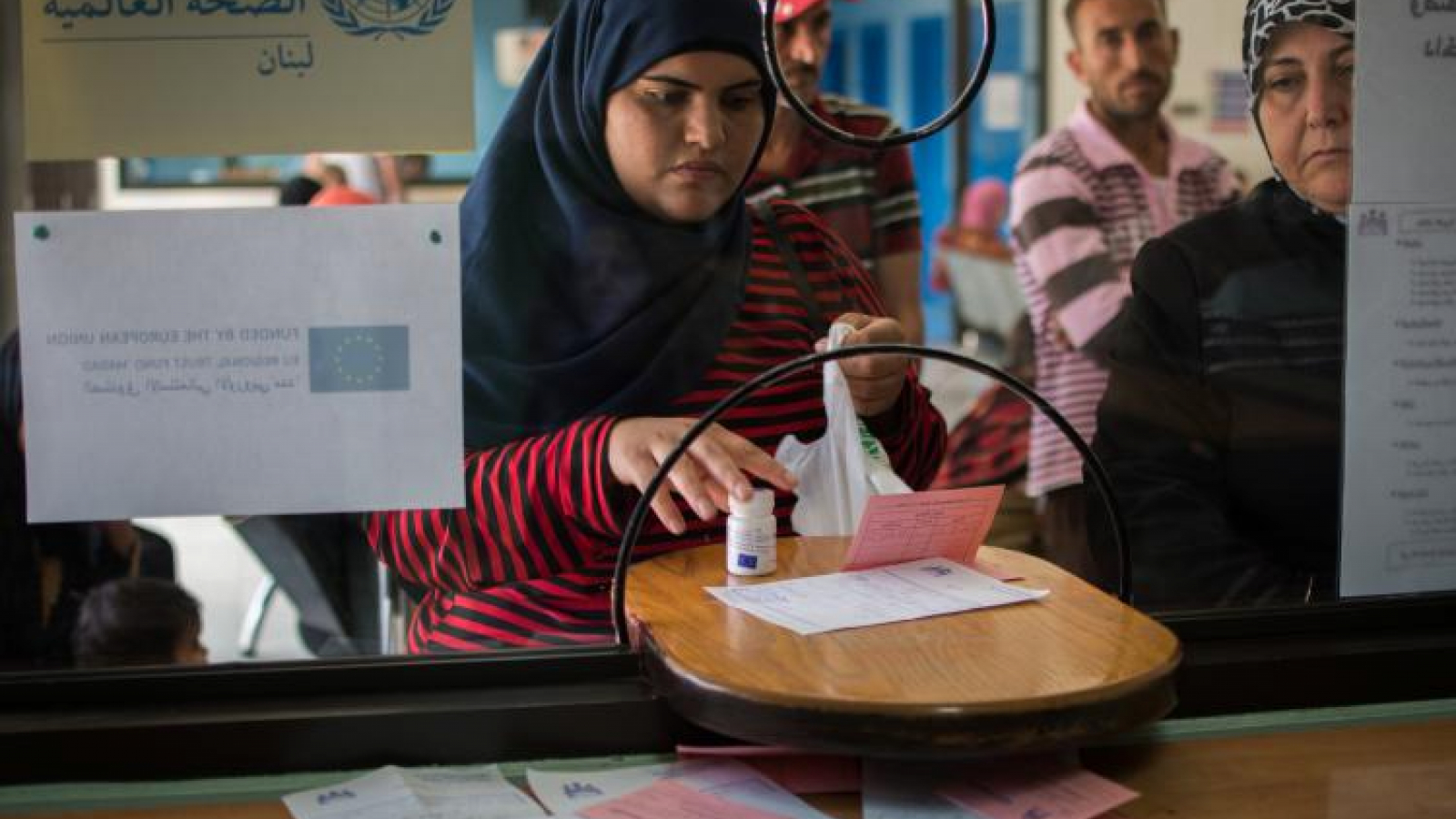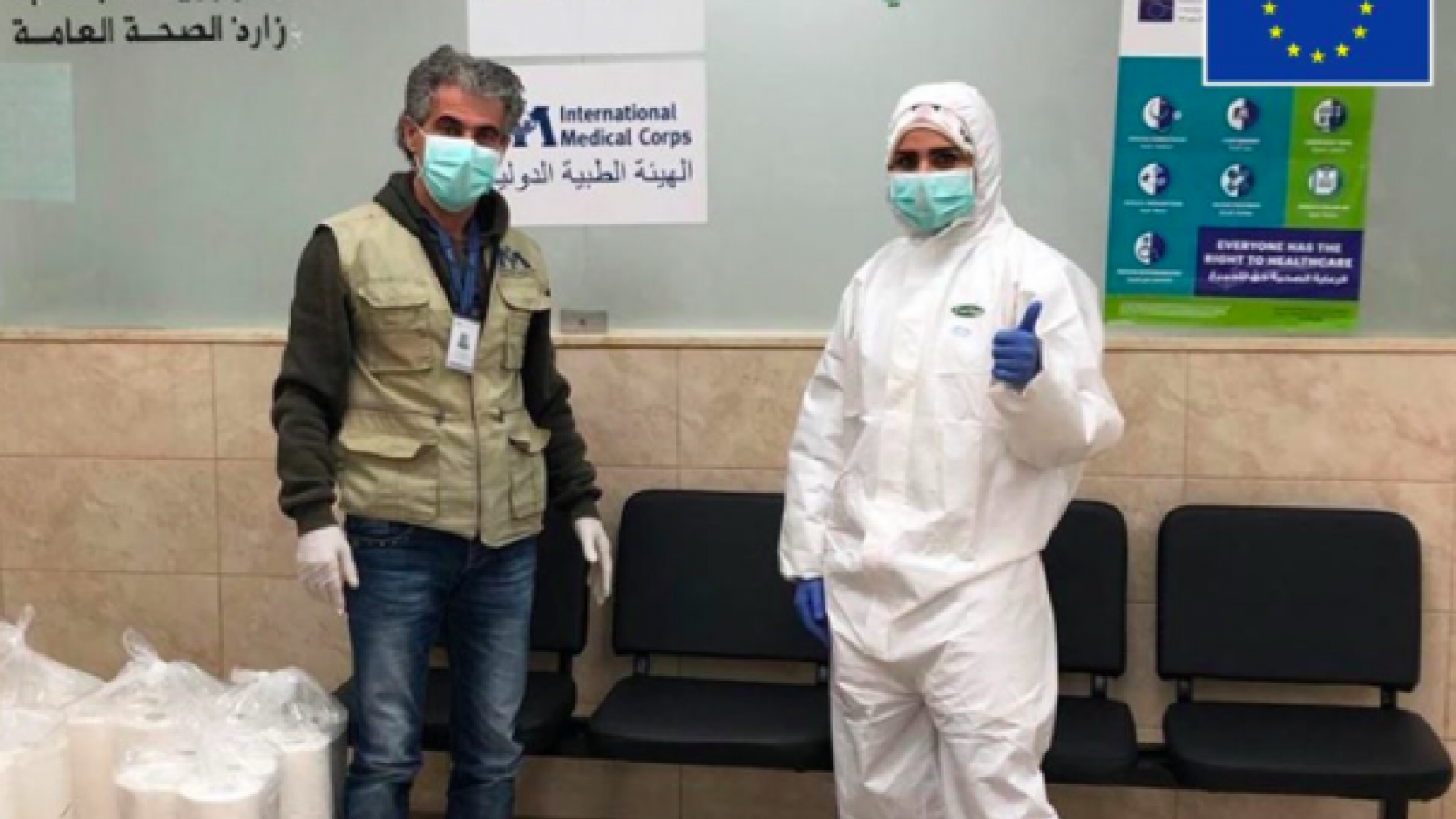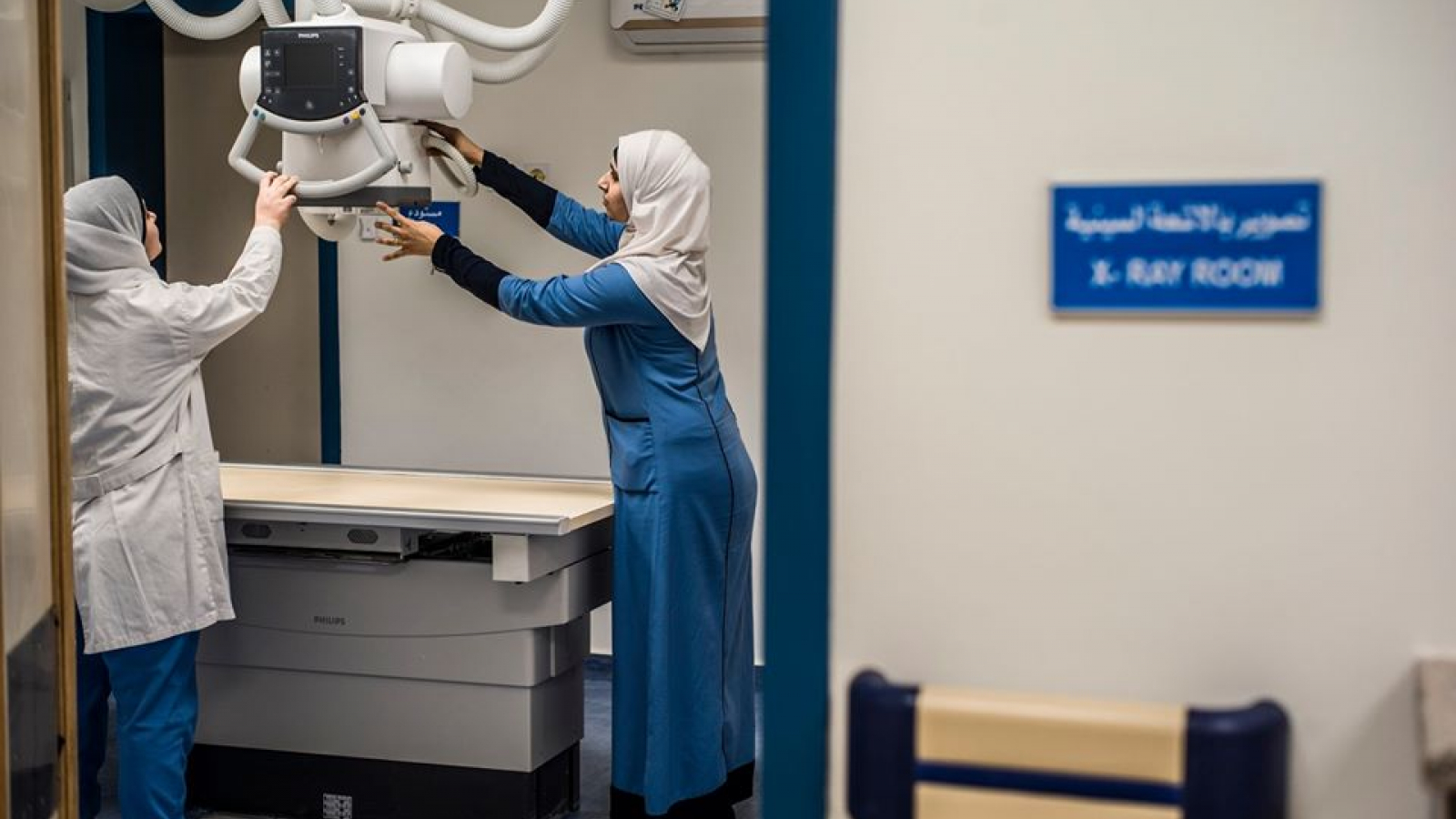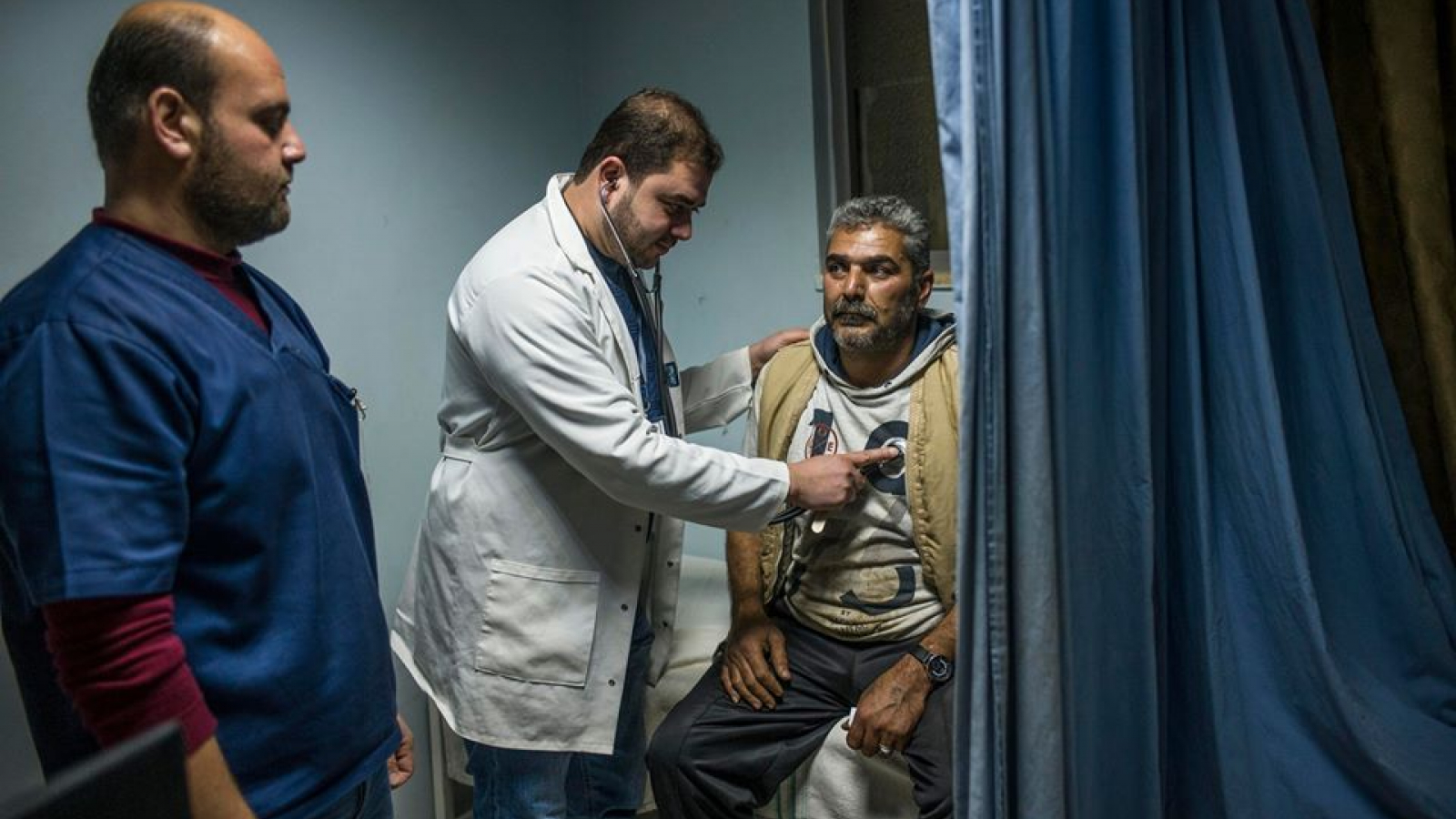Coronavirus pandemic: the EU is fully committed to the Southern Mediterranean countries during this unprecedented health crisis
“COVID-19 will reshape our world. We don’t yet know when the crisis will end. But we can be sure that by the time it does, our world will look very different. How different will depend on the choices we make today. […] Only by pulling together and cooperating across borders can we beat the virus and contain its consequences – and the EU has a central role to play.” Joseph Borrell, High Representative/Vice-President of the European Commission
World Health Day has been held on 7 April since 1950. It provides an opportunity to promote this vital sector and to get an update on health policies around the world. This year, more than ever, health is at the heart of everyone’s concerns. In the grip of the coronavirus pandemic and of an unprecedented health crisis, governments are redoubling their efforts to fight this scourge. The European Union is mobilised on all fronts and is reorienting its financial and technical support to its Southern Neighbourhood partners.
On Wednesday 8 April, the European Commission and the High Representative set out plans for a robust and targeted EU response to support partner countries’ efforts in tackling the coronavirus pandemic. The President of the European Commission, Ursula von der Leyen, commented: “The virus knows no borders. This global challenge needs strong international cooperation. The European Union is working tirelessly to fight the pandemic. We all know that only together we can stop the worldwide spread of the coronavirus. To that end, the EU will soon convene a virtual pledging event to help mobilise the necessary funding and support the World Health Organisation to assist the most vulnerable countries.”
In Tunisia, payments to ongoing EU budget support programmes will be mobilized quickly to provide nearly €250 million in liquidity to the Tunisian Treasury. This will contribute to the Government’s efforts to cope with the socio-economic consequences of the pandemic. The EU is also stepping up its support to the health sector. The ongoing programme ‘Saha Aziza’ will be expanded to cover all public hospitals in the country. It will allow health authorities to purchase medical supplies and provide training and technical assistance.
In Morocco, the EU has been a long-standing partner in the health sector. This cooperation, implemented jointly with the Ministry of Health, aims to improve the supply of care to citizens, widening the right of access to primary care to several categories, including the most disadvantaged and the independent as well as the reform of social protection and hospital governance as well as the improvement of access to quality care by users and the development of public-private partnerships. End of March, the EU reaffirmed its support for support for the Moroccan budget by reallocating €150 million specifically dedicated to the needs of the Moroccan Special COVID-19 Pandemic Management Fund. Discussions are under way to reallocate €300 million of the funds allocated to respond to the pandemic by accelerating their mobilisation to meet the country’s exceptional budget needs.
To support Egypt‘s public health system to face emergencies due to pandemic , the EU is ready to redirect funds foreseen for the country worth up to €89 million. To help mitigate the socio-economic impact of the crisis, the EU will make use of €200 million allocated under the 2019 and 2020 bilateral cooperation programmes.
For the Palestinians, the EU has prepared a set of assistance measures of around €60 million. In support to the health sector, the EU plans to reallocate €9.5 million to the six East Jerusalem hospitals to help cover coronavirus costs. To tackle the economic challenges, the EU will advance the payment of €40 million direct financial support to the Palestinian Authority to address immediate needs. The EU also plans to increase its support to SMEs by advancing and increasing by €5.5 million its contribution to the European Palestinian Credit Guarantee Fund. To address the social impact of the crisis, the EU plans to reorient €5 million to support the most vulnerable via the PEGASE Cash Transfer Programme. In addition, to support Palestine refugees in the West Bank and Gaza who have limited access to health and hygiene facilities, the EU has ensured an early payment of the €82 million contribution to UNRWA’s programme budget in 2020.
In Lebanon, ongoing EU projects for a value of €86 million in grants are being reoriented to ensure continuity of critical health care in the coronavirus crisis. For example, the EU has financed the purchase of protective equipment including masks, gloves, gown, googles, eye shields and hygiene items for 60 primary health care centres. Additional assistance is in the pipeline especially for Palestine refugees. The EU will increase its support to SMEs, and provide €25 million to expand the EBRD trade financing facility for Lebanon, with the specific intention of financing imports of essential goods such as medicines and medical equipment. The EU has also substantially reinforced its support for incomes with a further allocation of €100 million for social assistance from the EUTF Syria.
Inside Syria, the situation is complicated due to the fragmentation of the country. The EU is reorienting ongoing health programmes worth €4.9 million and will accelerate the contracting of a further €1.7 million. Part of the 2020 commitment of €36 million will also be reoriented to ensure EU efforts are as targeted and relevant as possible for the coronavirus response.
The initiatives in Libya to assist the healthcare sector have been increased over the past years, notably through the projects of the EU Emergency Trust Fund for Africa (EUTF Africa) by providing emergency medical assistance, distributing hygiene kits as well as raising awareness on positive hygiene behaviours among the most vulnerable. The EUTF Africa also continues to support access to basic health services, improved access to clean water as well as the rehabilitation of health infrastructures for the benefit of both migrants and host communities, in particular through the 41 health projects already completed throughout the country. The EU is moreover helping develop a plan to support the economic recovery from the coronavirus, and will train journalists to fight coronavirus-related disinformation and establish an online fact-checking platform. Specific training for midwives and nurses in hospitals will also be provided. The upcoming health programme will contribute to improve the sector and especially its information system in response of epidemics.
In Jordan, the EU, the Ministry for Health and the United Nations Office for Project Services (UNOPS) launched a project in 2019 to improve the healthcare sector. The contribution of €10 million from the EU Regional Trust Fund in response to the Syrian crisis (EUTF Syria) is intended to support the expansion and availability of emergency services in three hospitals (Jamil Tutunji in Amman, Ramtha Hospital in Irbid and Ruweished Hospital in Mafraq), in addition to the donation of fully equipped ambulances to meet the growing healthcare needs of the host communities and Syrian refugees in Jordan. Furthemore, the on-going portfolio of health-related projects of an amount of €77.6 million is being reoriented when possible to ensure continuity of critical healthcare and to prioritise the procurement of protective equipment and supplies in the coronavirus response. The EU will continue its efforts to address the broader social impact of the crisis by supporting incomes and social protection for the most vulnerable for an amount of €83 million, bringing the total amount of ongoing and planned programs supporting the economy and social protection relevant for the coronavirus response up to €224 million.
In addition, and in an environment in which fear about the coronavirus pandemic is overriding, the European Union announced on 31 March 2020 that it would continue its support to Syrian refugees and vulnerable groups in Iraq, Jordan and Lebanon, notably with respect to access to healthcare and education, thanks to additional €240 million. This amount increases the total aid provided by the EUTF Syria to over €2 billion since its creation in December 2014.
Read more
Q&A: The EU global response to fight the coronavirus pandemic









